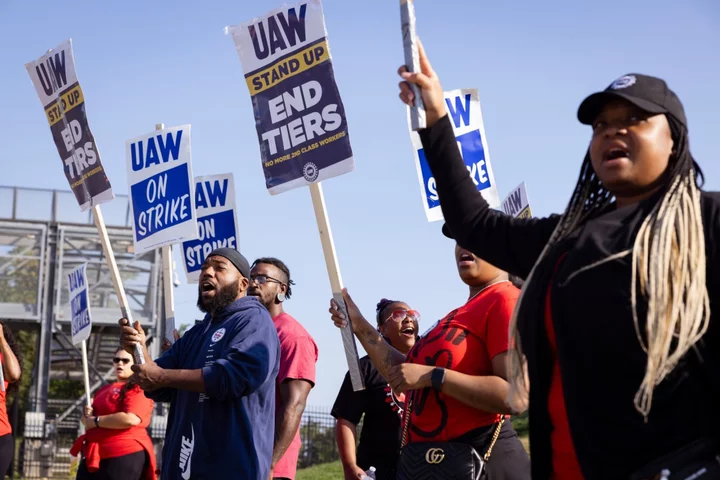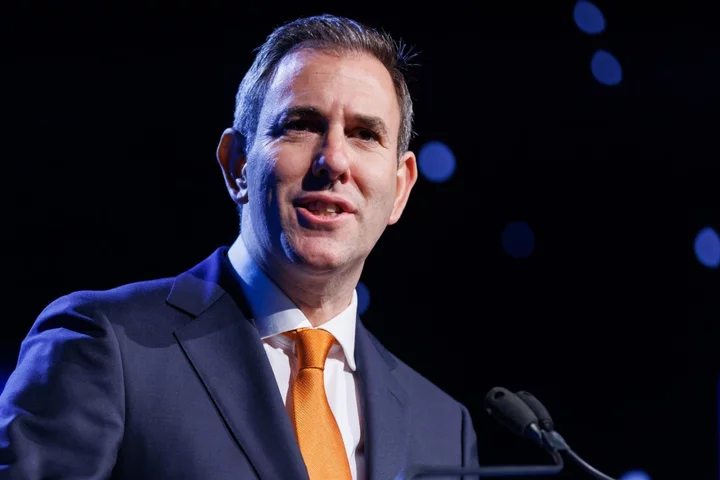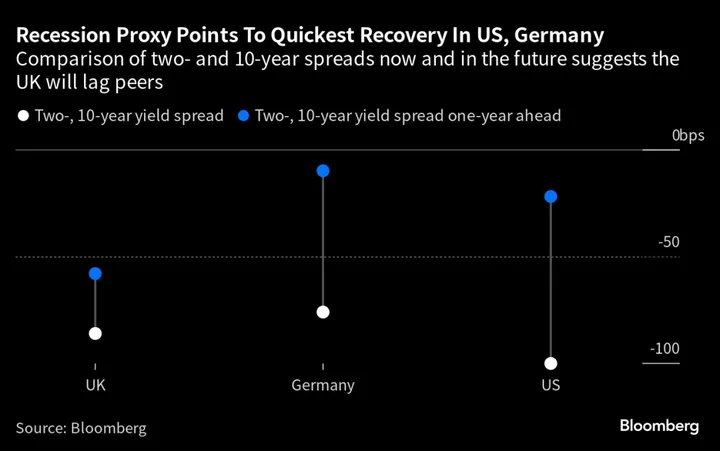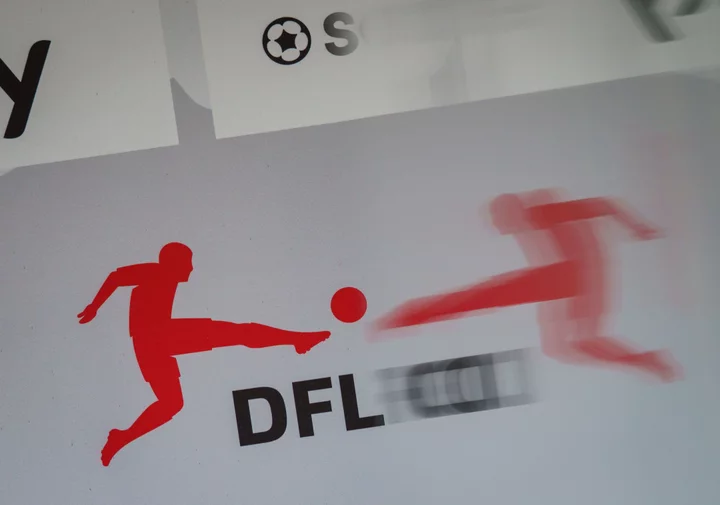The United Auto Workers union’s tentative agreements with Detroit’s three automakers include a new benefit: two weeks of paid parental leave for full-time employees. That's almost nothing compared to what workers in other rich nations receive. But it's significant in other ways.
The US has no nationally mandated paid time off for new parents, and only about a quarter of American private-sector workers have access to the benefit. Two weeks is far less than what’s available in Europe and Asia, where workers by law can get six months or even more than a year. It also pales in comparison to the leave for salaried workers at General Motors Co., which can be as much as 12 weeks. It’s nevertheless a step up for the roughly 146,000 UAW members covered by the agreements and their families.
The UAW, one of the most iconic US unions, hasn’t made parental leave a priority in its auto contracts before, and the measure paves the way for more work-life balance measures to feature in future negotiations. Its inclusion signals labor leaders are paying attention to the needs of a new generation of members.
“Compared to other countries, two weeks seems paltry, but compared to other workers in the US, it’s hugely significant,” said Rebecca Givan, associate professor at Rutgers University’s School of Management and Labor Relations. “You always want to open the door when you’re winning something in a union contract that's never been there before, and it’s certainly possible to fight for more in the next contract now that this provision is present.”
A spokesperson for the UAW declined to comment.
The leave is a small part of an inventory of important wins from big raises to richer retirement benefits for workers at Ford Motor Co., GM and Stellantis NV. GM workers voted in favor of ratifying their contract Thursday, and Ford and Stellantis are close behind.
Jacob Bishop, a 24-year-old UAW member at a Stellantis Jeep Grand Cherokee assembly plant in Detroit, said the tentative agreement — including its pay hikes as well as the couple weeks of leave — will make it more feasible for employees like him to become parents.
“This contract can definitely help start some first-time families,” he said. “It does give me some peace of mind knowing that it’s there now, just to remove that extra barrier.”
He said he hopes the parental leave will be expanded in a future contract by the time he’s ready to become a dad.
“No contract is in a vacuum — you have a contract, and you build on it the next time around,” he said. “So I think a win is a win.”
Research suggests important health benefits, like a reduction in preventable infant hospitalizations and improved maternal mental health, require months of time away from work, not weeks, to materialize, said Maya Rossin-Slater, associate professor of health policy at Stanford University. Even so, the change will help.
“Most workers in America make it work by cobbling together whatever benefits they have, saving up their vacations and so on in order to be able to take time off after having a child,” Rossin-Slater said. “So with this two-week policy, perhaps people won’t have to rely so much on other benefits.”
Paid time off for parents may play a role in the UAW’s campaign to organize factories at nonunion carmakers like Toyota Motor Corp. and Honda Motor Co., where workforces tend to be younger, Givan said. Those companies may decide to improve their parental leave benefits in response to the UAW wins, like they have with wages, she said.
Ultimately, for most would-be working parents, paid leave is just one part of the financial equation.
“It’s a step in the right direction,” said Ryan Ashley, a 24 year-old UAW member at Ford’s Cleveland Engine Plant. Ashley said he wished the parental leave were longer and could be used by parents who already have kids but could use more time off with them. He also said he wished the tentative agreement included better retirement arrangements and bigger raises, which would make it easier to afford to become a dad.
“I’d like to have kids, but I’ve got to look at the economy first,” Ashley said. “Our buying power ain’t what it was.”
Author: Jo Constantz, Keith Naughton and Josh Eidelson









